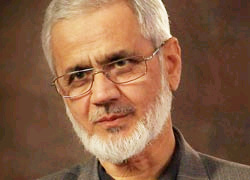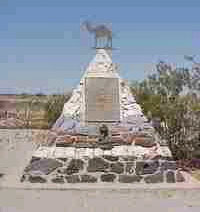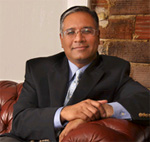
First up was Mustafa Tameez, founder and managing director Outreach Strategists in Houston, Texas. A seasoned political strategist, he suggested that the problems for Muslims came from people “at the margins” of American life.
Noting that the United States is a country of immigrants, he suggested that “our focus has to be broader than earning our right to be part of the fabric of this nation. We will help make it stronger.”
Tameez noted that “if others have succeeded, so can we. We must be active citizens where we live and start by serving our local communities.”
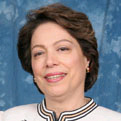
She suggested forming something like a council of political elders — both male and female — to sift through the welter of anti-Muslim rhetoric in the U.S. and formulate strategies to combat the falsehoods.
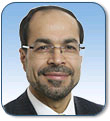
He nonetheless called on the audience to be politically active.
“It is not an option to boycott the upcoming election,” Awad said. “We have to be civically engaged so that our leaders stand out and are part of the decision-making process.” Photo-ops are fine, but “access is not influence”, he said.
Al-Hibri agreed. “We need to be ‘in the room’ making our voices heard,” she noted, but “we should not overvalue gestures.”
The controversy over shari’a was discussed, with Al-Hibri (a former law professor) noting that the laws passed in the U.S. as a result were “either unconstitutional or redundant” because “of course U.S. law is supreme in U.S. courts”.
The moderator for the panel was Suhail Khan, a senior political appointee in the Bush administration who described himself as a conservative Republican. He said that the “no foreign laws” movement by the GOP was to counter environmental regulations that the United Nations intended to impose on the U.S., not a response to concerns about shari’a.
In their concluding statements, all three panelists encouraged the audience in civic engagement. “It’s important to empower our children to become politically active,” emphasized Tameez.
Awad added that political activity “is not enough. We also need to be socially active and ‘give back’ to show the human face of the Muslim community.”
Al-Hibri agreed: “If you don’t volunteer in your community, you’ll always be on the fringe.”
(Photos courtesy of Outreach Strategists, University of Richmond and CAIR)
